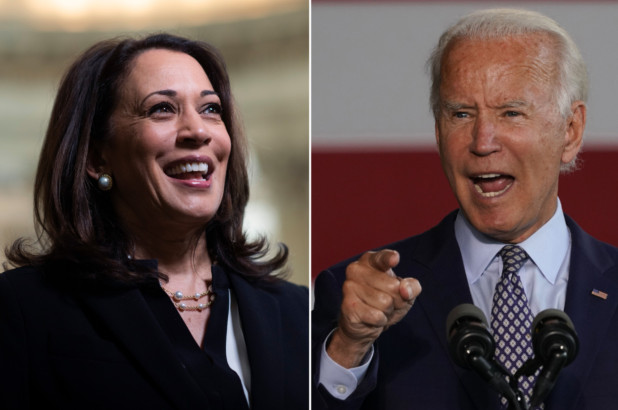Over 12,000 American Workers Placed Into Jobs Through Biden-Harris Administration’s Good Jobs Challenge | Atlanta Daily World

U.S. Department of Commerce’s Economic Development Administration (EDA) announced more than 12,000 American workers have been trained and placed into jobs through the Good Jobs Challenge. The program, initially funded by the Biden-Harris Administration’s American Rescue Plan, is investing a historic $500 million into high-quality, locally-led workforce training programs across the country. The Good Jobs Challenge (GJC) is the first large-scale worker training program in the history of the Department of Commerce.
The Good Jobs Challenge is designed to build and strengthen workforce systems and industry-led partnerships, providing new opportunities and training for America’s workforce to develop in-demand skills that meet the needs of today’s employers and lead to good-paying jobs. The program, which is concluding its second year of implementation, initially awarded $500 million to 32 grantees to advance job training in a wide range of sectors, including agriculture and food production, energy and resilience, healthcare, manufacturing, and information technology.
“President Biden’s Investing in America Agenda is rooted in empowering Americans with the opportunities they need to secure family-sustaining jobs in the communities that raised them. The Good Jobs Challenge embodies that mission, and by hitting this milestone, we’re showing American families what these policies look like in action,” said U.S. Secretary of Commerce Gina Raimondo. “By bringing together diverse stakeholders, including employers, labor unions, educational institutions, and community-based organizations, the Good Jobs Challenge has trained and placed more than 12,000 American workers into quality jobs in industries across the nation that will define the 21st century economy, and ensure the U.S. will continue to out-build, out-innovate, and out-compete the rest of the world.”
The Good Jobs Challenge is empowering workers in historically overlooked and left behind communities and connecting them with good-paying, family-sustaining jobs with benefits, and that nearly double workers’ previous annual earnings. Half of current participants are from communities of color, with Black workers represented at nearly twice their national average as a share of the workforce, and Native American or indigenous workers at more than five times their national average. The Good Jobs Challenge is helping workers gain a foothold in the industries of the future by dramatically boosting participation from underserved workers in industries such as technology, energy, manufacturing, and health care. The GJC program is changing the narrative in the skilled trades, with women representing 21% of building and construction program participants, compared to 11% of the overall industry workforce.
“The Good Jobs Challenge is placing thousands of workers into quality jobs, creating new opportunities for Americans,” said Acting Assistant Secretary of Commerce for Economic Development Cristina Killingsworth. “In its second year of implementation, the Good Jobs Challenge is delivering strong outcomes and providing locally-led training and support to fill in-demand jobs, expand career growth for workers, and strengthen local economies across the country.”
In July 2024, EDA announced a second phase of funding for the Good Jobs Challenge to invest $25 million into workforce training programs targeted to jobs that advance industries critical to U.S. competitiveness. Building off the success of the American Rescue Plan funding, the FY2024 Good Jobs Challenge will support sectoral partnerships to develop high-quality training programs that lead directly to a good job. EDA anticipates making 5-8 awards ranging from $1 million to $8 million. Grantees are expected to be announced in winter 2024.
About Post Author
Related
U.S. economy adds jobs as federal layoffs and rising unemployment…
Julia Coronado: I think it's too early to say that the U.S. is heading to a recession. Certainly, we have seen the U.S. just continue t
The job listing site highlighting H-1B positions so Americans can…
A mysterious new job listings website recently went live, solely showing roles companies want to offer to their H-1B holders seeking Green Cards in an attempt t
Tepid February Jobs Report Boosts Odds of a June Fed…
Federal Reserve Board Chairman Jerome Powell speaks during a news conference. Photo by Chip ... [+] Somodevilla/Getty Images.Getty Images The February jobs repo
French university offers jobs to American scientists afraid of government…
As the current federal government in the U.S. has been freezing or cutting funding for several research grants, a French university has stepped in with an offer













